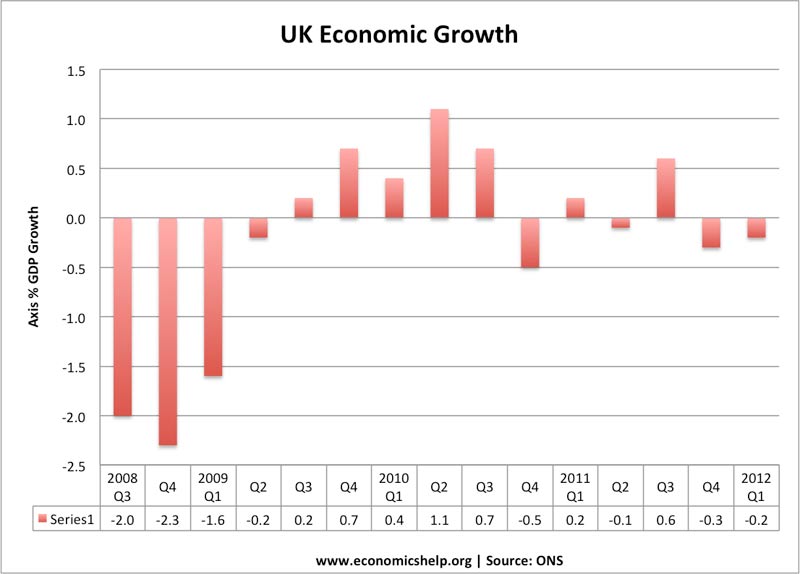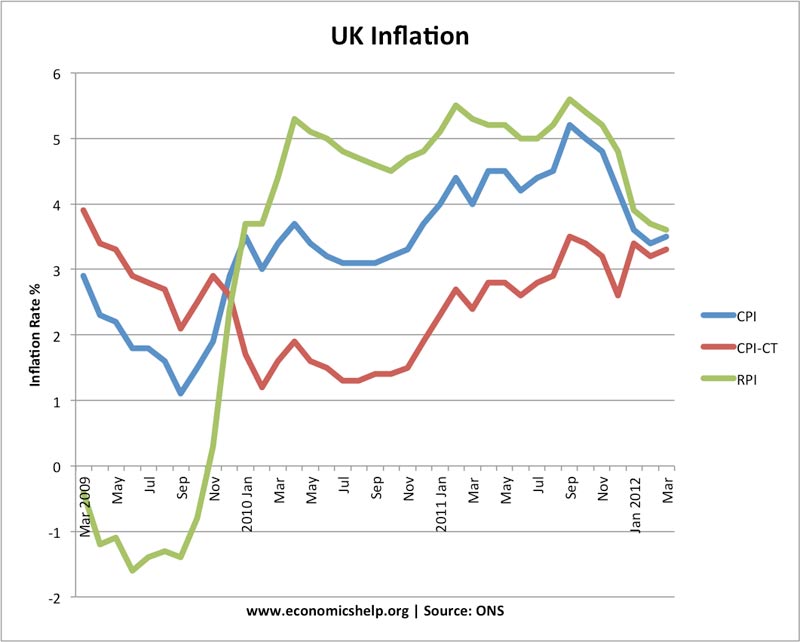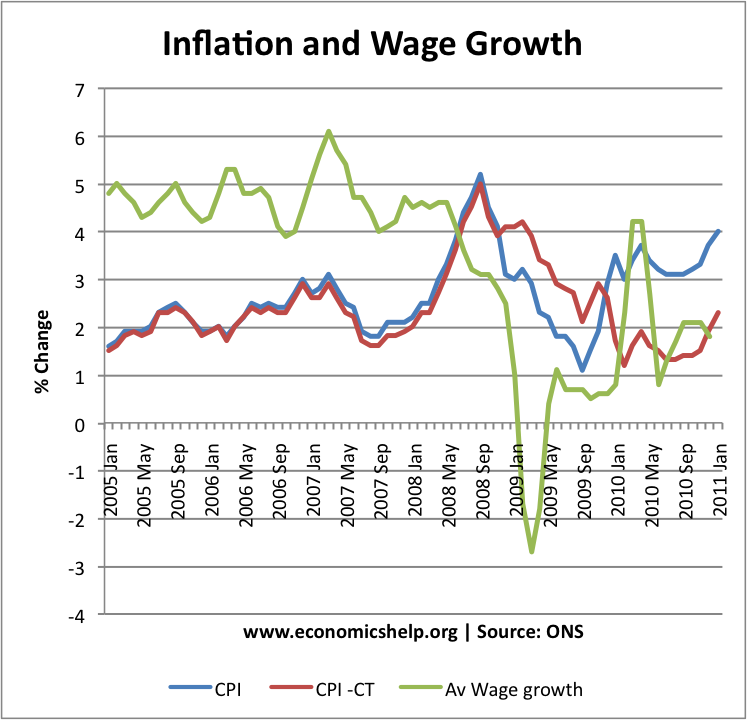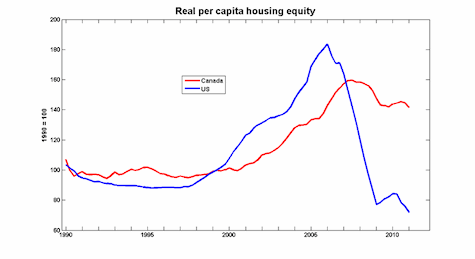Recently, the IMF have been working hard to establish a bigger fighting fund to help out insolvent Eurozone economies. (Although they say, it is not just for the Eurozone, but for the whole world economy.) Extra contributions from IMF members have raised an extra £300bn – taking the total of IMF funds to £1,000bn.
- The aim is to have a bigger ‘firewall’. If economies experience liquidity crisis – e.g. can’t meet borrowing requirements, then they can apply for a loan from the IMF.
- The fact that there is a lender of last resort like the IMF – means markets are, in theory, less worried about countries becoming illiquid and experiencing shortages. This confidence factor can help avoid capital flight in the first place.
- Given the greater uncertainty in the world economy, the IMF has been keen to build up an even bigger fund than usual.
How Do Countries Contribute to IMF?
- The UK recently gave £10bn to the IMF. This doesn’t come out of public spending. It is invested from UK foreign exchange reserves. The UK can also gain interest on this ‘investment’ into the IMF fund.
Limitations of the IMF Fund
- One Trillion pounds is a big fund, but given the amount of potential losses in the Eurozone, it would be insufficient to cope if countries like Spain or Italy defaulted.




